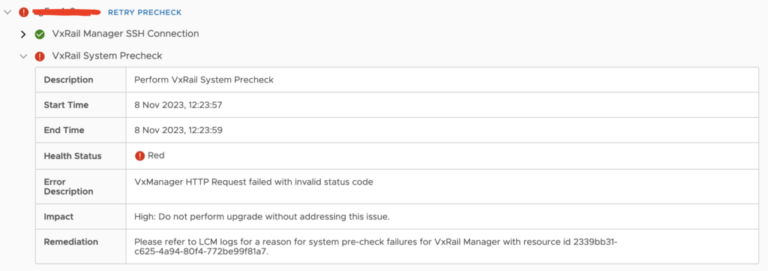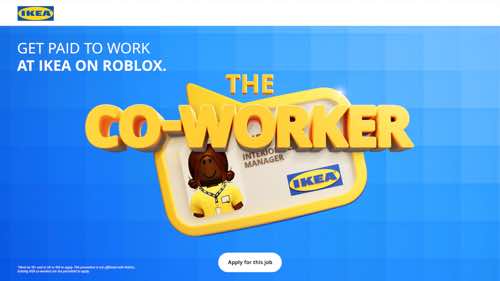A content management system helps users build and modify websites and create, manage, and modify online content — all without coding.
Here is a list of open-source content management systems. Many have large developer communities and thousands of themes and extensions. The base systems are free, though most offer premium add-ons and paid plans for hosting services.
WordPress
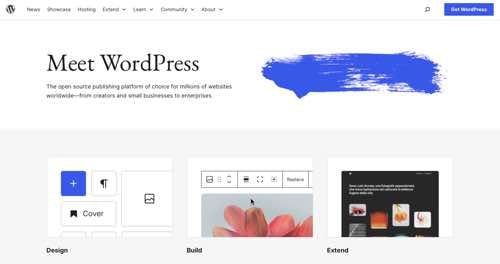
WordPress.org
WordPress launched in 2003 as a blogging platform. Today, it is a sophisticated CMS built on PHP and MySQL, running approximately 40% of all websites worldwide, from hobby blogs to the biggest news portals. Over 70,000 free plugins and themes help customize WordPress installations, including robust ecommerce functionality, galleries, mailing lists, forums, analytics, security, and more.
–
Grav
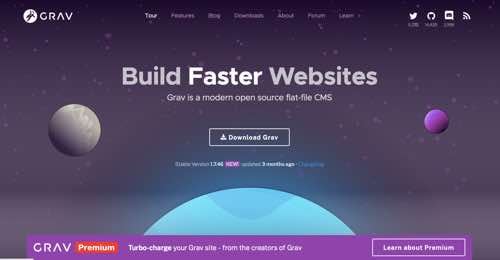
Grav
Grav is a CMS focusing on speed, simplicity, and flexibility. Grav is written in PHP, based on the Symfony framework, and uses Twig for templating. It comes with a package management system for simple installation and upgrading of plugins, themes, and the platform itself. It features a straightforward content creation method with a minimal learning curve. Create blogs, websites, landing pages, portfolios, ecommerce sites, and more.
–
Drupal
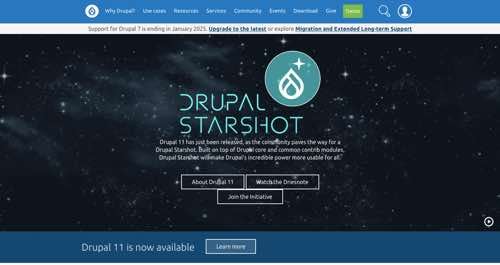
Drupal
Drupal is a free and open-source content management system and framework. It has standard features, such as easy content authoring, reliable performance, and security. Its modularity is advanced and highly scalable, with roughly 40,000 modules to extend site functionality and 2,500 themes to modify site appearance. Users can easily create a site, online store, social network, blog, wiki, or anything else. The Drupal community has more than 1 million members. Many government agencies in the U.S., U.K., and France and media companies such as NBC and BBC use the Drupal platform.
–
Typo3

Typo3
Typo3 is a free, open-source CMS based on PHP. It offers full support for marketers, from content planning and modeling to smart workflows, digital asset management, search engine optimization, and more. Create and publish content on multiple sites, in multiple languages, and across all digital channels while maintaining control with role-based access. Build information-rich digital experiences that perform well at any scale.
–
Joomla

Joomla
Joomla is a free and open-source CMS that’s mobile and search-engine friendly, multilingual, and flexible, with more than 5,000 extensions. It can be used for small business websites, ecommerce, online reservations, corporate websites, online publications, and government and non-profit sites. Joomla is built on a model–view–controller web application framework to build online applications, integrated ecommerce systems, data reporting tools, inventory control systems, communication tools, and more.
–
Umbraco
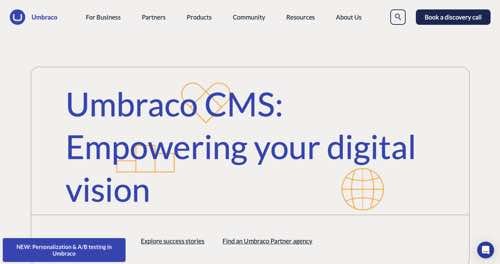
Umbraco
Umbraco is a flexible CMS built on the .NET framework. With an intuitive interface optimized for creating and managing content, editors can fulfill daily tasks, preview and publish content, schedule campaigns, and more. Create and manage content in multiple languages for various channels, and reuse content where needed — blog posts, data for a mobile app, or promotional campaigns. Umbraco features over 300 extensions and plugins and a support community of more than 220,000 members.
–
Concrete CMS

Concrete CMS
Concrete CMS is an open-source CMS for content creators, designers, and developers. The modular and extendable platform makes it easy to build and run a website. Concrete CMS features in-context editing, a WYSIWYG content editor, modular blocks, a form builder, integrated reporting, an integrated commenting system, collaborative and controlled access, advanced security, and thousands of themes and add-ons to broaden the functionality.
–
SilverStripe CMS
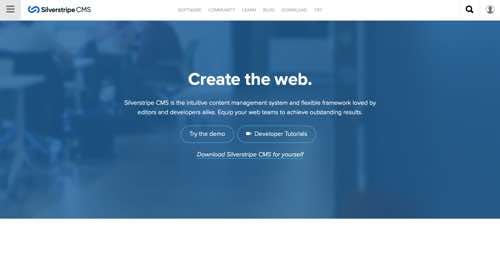
SilverStripe CMS
SilverStripe CMS is an easy-to-use CMS with a front-end templating engine, a customizable framework, and an extensive list of modules to extend functionality. Create custom fields, page types, data structures, and logic. Launch campaign pages straight from the CMS without the time-consuming development process. SilverStripe CMS has over 2,500 modules and 50,000 live sites.
–
Craft CMS
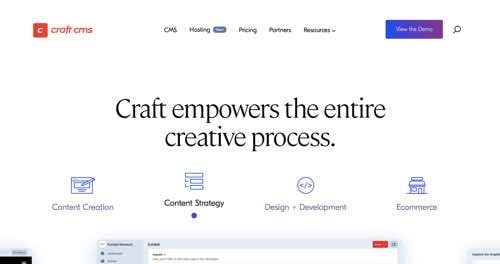
Craft CMS
Craft CMS is a flexible, user-friendly CMS for creating custom digital experiences. Craft provides distinct building blocks, each appropriate for different kinds of content. Pick the features and functionality you need, and update content with Craft’s built-in management features. Build and manage an ecommerce store, customize the checkout flow, run promotions, set shipping rules, and more. Templates in Craft are powered by Twig, the templating system from the creators of Symfony. Solo plan is free for self-hosted sites.
–
Contao
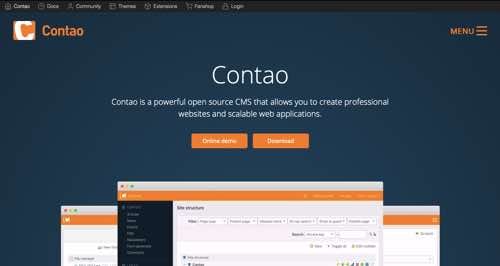
Contao
Contao is an open-source CMS and framework for creating scalable web applications. The Contao Manager, a graphical interface for Composer, allows users to install and manage the framework and extensions directly in your browser. Contao features multiple backend languages and advanced editing, a permission system, multiple page types and websites in one tree, a flexible form generator, advanced search options, built-in modules, extensions, and more. Contao uses password hashing algorithms and supports user accounts with two-factor authentication.
–
OpenCart
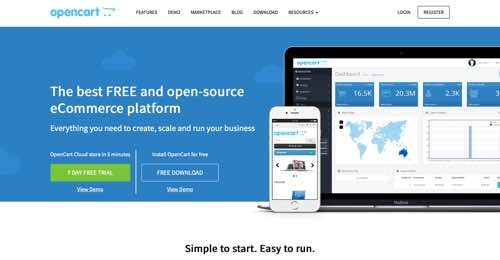
OpenCart
OpenCart is an open-source CMS for ecommerce. Stick with the modern, responsive default theme, or choose from thousands via third-party providers. OpenCart comes with a mobile-friendly admin area, complete with product, order and customer management, sales reports, and marketing tools, along with an active support community. OpenCart has over 14,000 extensions available to download.
–
Backdrop CMS
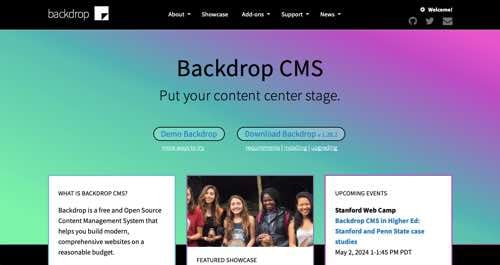
Backdrop CMS
Backdrop CMS is an open-source and easy-to-use CMS for small to medium-sized businesses, non-profits, or organizations needing a comprehensive website for free or low cost. Use Backdrop CMS for everything from a personal blog site to a complex multi-role ecommerce platform. Backdrop is easily extended with modules, themes, and layouts. Backdrop CMS was created through a fork from Drupal 7, maintaining code with a proven track record of success.



